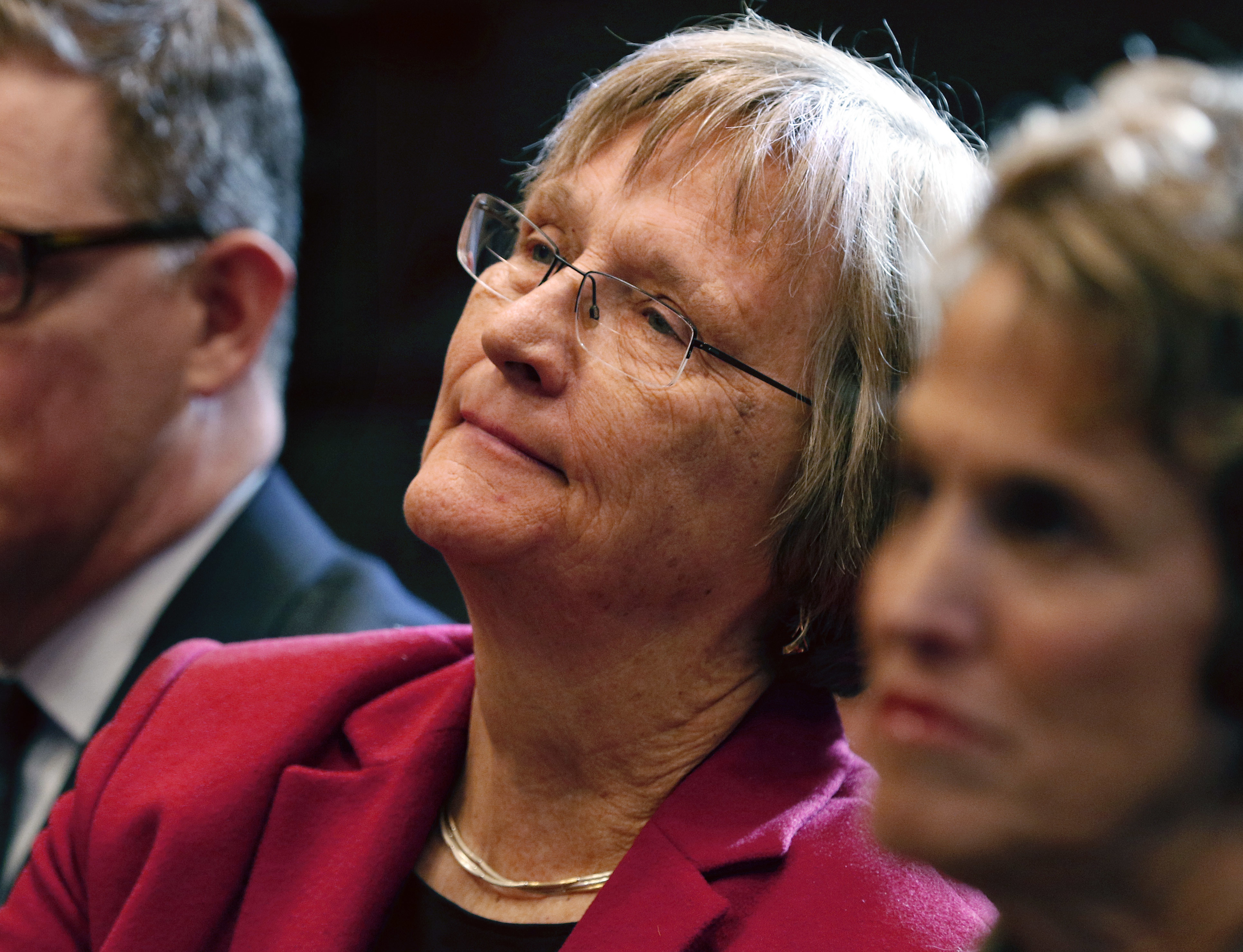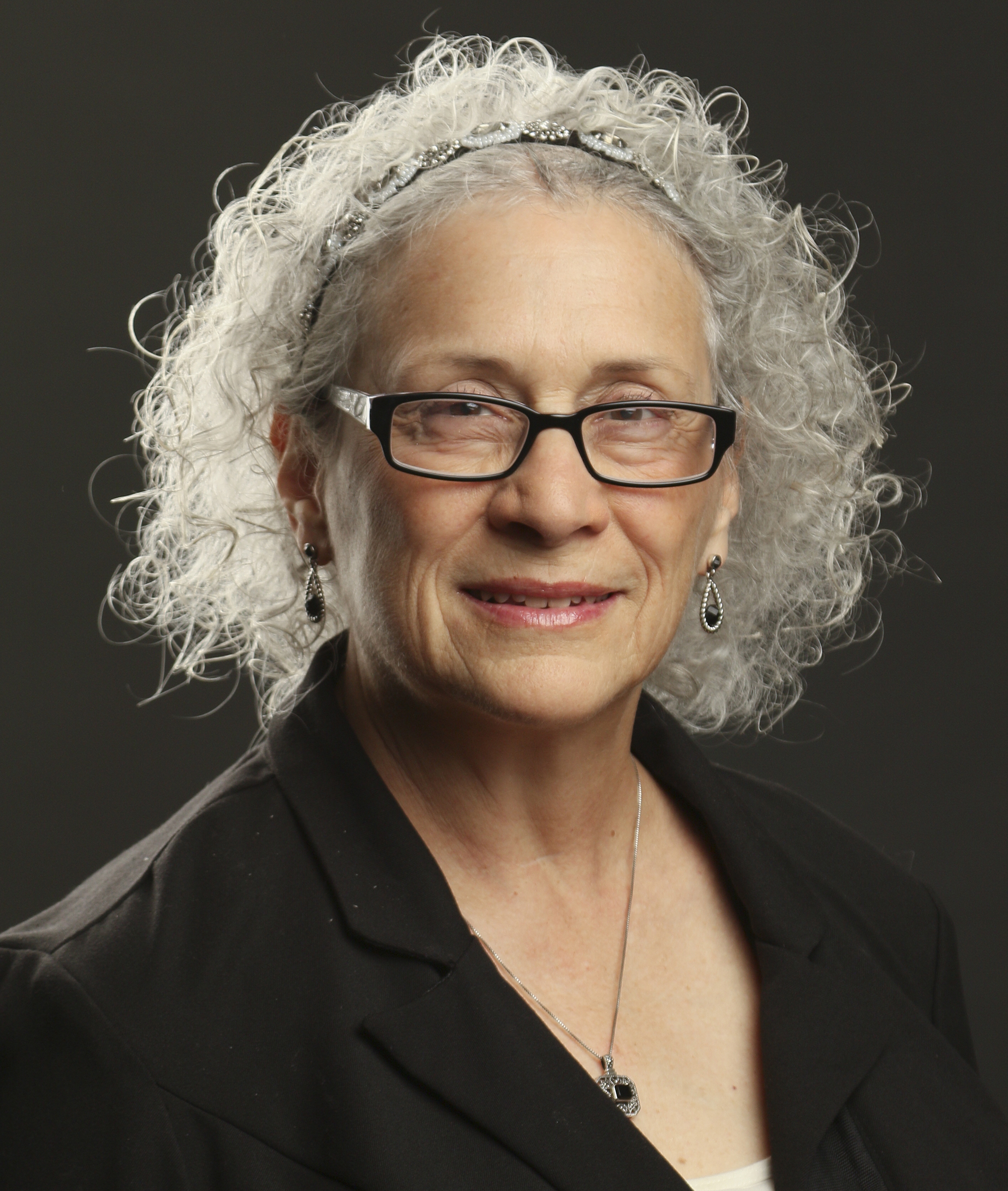In the dual op-ed commentary in last Sunday's Times Free Press Perspective section, two women, Lisa Wade and Jenna Robinson, debated the pros and cons of Harvard University's ban on fraternities and sororities. Their debate examined gender on campus and highlighted a wide range of contemporary issues including sexual harassment, tolerance, students' rights and the university's role in oversight of those clubs. What the dialogue didn't explain was that Harvard was an all-male campus for centuries before absorbing the women's college Radcliffe in the late 1960s.
My mother attended Radcliffe before its merger with Harvard. In the 1930s, no women were allowed to be present in Harvard classrooms. The Harvard professors would teach the male students and then go to the Radcliffe classrooms to teach the women. Harvard's clubs were havens for the sons of the rich and influential. Those young men were usually graduates of elite prep schools and used the clubs to associate with their peers. According to a Harvard Crimson article in 1958, few Jews or African-Americans were invited to join and guests were limited to one time only. That rule applied even to a young Dwight D. Eisenhower who caused a kerfuffle by being a guest twice.
 Harvard University president Drew Faust listens to Lawrence Bacow after he was introduced Sunday, Feb. 11, 2018, in Cambridge, Mass., as the next president of the school. Bacow, former president of Tufts University and a leader-in-residence at Harvard's Kennedy School of Government, assumes the office July 1. He will succeed Faust, 70, who has served in the post for more than a decade as Harvard's first female president. (AP Photo/Bill Sikes)
Harvard University president Drew Faust listens to Lawrence Bacow after he was introduced Sunday, Feb. 11, 2018, in Cambridge, Mass., as the next president of the school. Bacow, former president of Tufts University and a leader-in-residence at Harvard's Kennedy School of Government, assumes the office July 1. He will succeed Faust, 70, who has served in the post for more than a decade as Harvard's first female president. (AP Photo/Bill Sikes)The clubs were still an all-male elite institution when I was a Radcliffe freshman in 1966. The merger changed the culture, but there were only about 400 freshmen "Cliffies" to about 1,000 male Harvard freshmen in my class. In the ongoing transformation, the demographics became more equitable and the numbers are now evenly split between men and women. The growing gender equity later resulted in co-ed dorms. But the campus culture hasn't entirely embraced the spirit of equality. Lisa Wade observed that most sexual assaults on campus occur in those dormitories. The current day version of those clubs, which now admit some women, are the second most dangerous place for women on campus. Almost half of the women who have entered those clubs report being sexually assaulted. She questions the ethics of allowing the clubs to continue.
Jenna Robinson asserted that regulating and removing the clubs pushes a progressive position on gender and is intolerant, especially coupled with the university's monitoring of private communication, online and otherwise. She questioned the ethics of Harvard's rejection of incoming freshmen because of their involvement in social networks and obscene private group chats. While I don't agree with Robinson that Harvard has abandoned the pursuit of truth, which she defines as the most fundamental mission of education, I do agree that technology is changing the debate considerably.
Having spent years on that campus myself and experienced the transition from a male-dominated culture, I'd urge readers to consider Harvard's ban on those clubs as a positive step. That transition is an ongoing process that is engaging with the changing tone and advanced technology of our challenging time. A balance must be found, but as a former Cliffie, I must insist that it not be at the expense of harming, threatening or harassing the women on campus.
My own experience of sexual harassment on that campus went unacknowledged and unchecked. A bastion of male empowerment, defining women's roles on campus was in its infancy with its research library having only men's bathrooms. Harvard's culture has changed substantially to the point of having its first female president, but the process is ongoing. Harvard's ban is proactive and my hope is that the university will continue to address gender differences in a manner that is sustainable and replicable by other universities.
Deborah Levine, of Chattanooga, is an author and trainer/coach. She is editor of the American Diversity Report. Contact her at deborah@diveristyreport.com.

